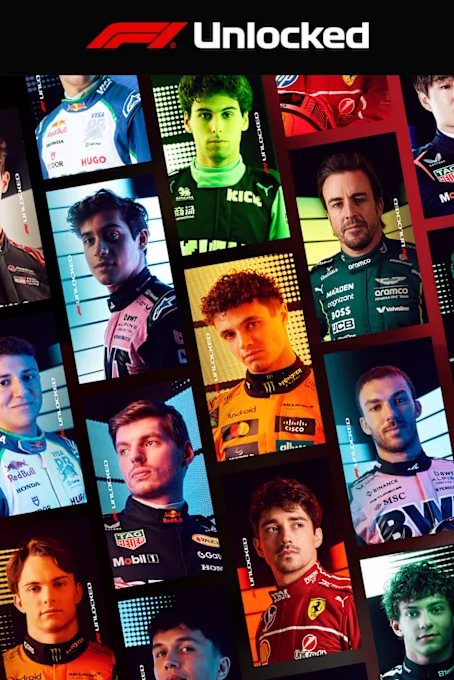FULL TRANSCRIPT: Read every word from bike racing legend Mick Doohan's Beyond The Grid interview
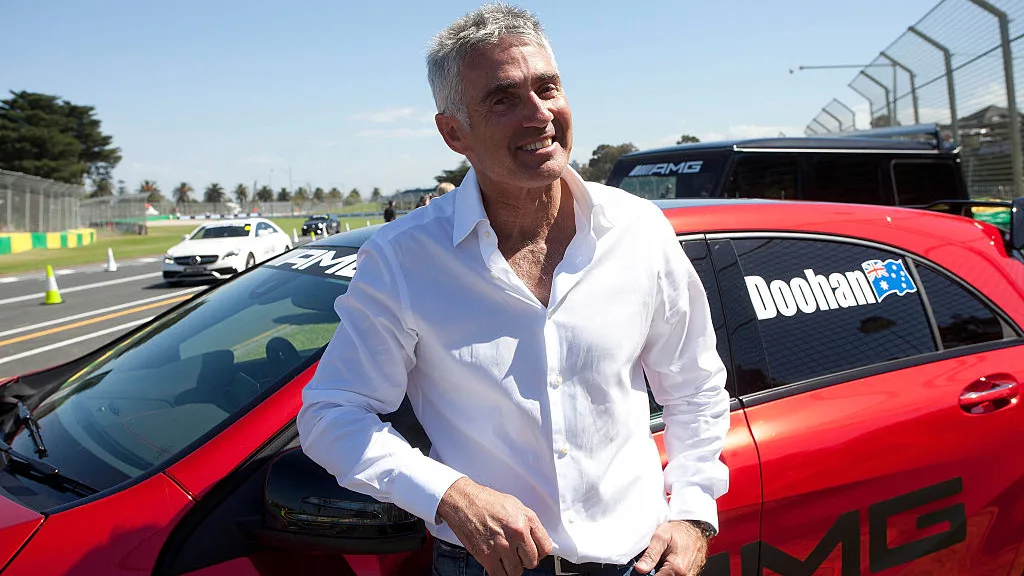
Mick Doohan is a bike racing legend, having won a staggering five consecutive 500cc World Championship titles in the 1990s. He's now a racing dad with son Jack competing in F2 and serving as reserve driver for Alpine.
Mick is this week's guest on our Beyond The Grid podcast, and you can read every word from his interview with pod host Tom Clarkson in the transcript below, listen to the episode in the audio player, or head here to catch it on your preferred platform.
Next Up
Related Articles
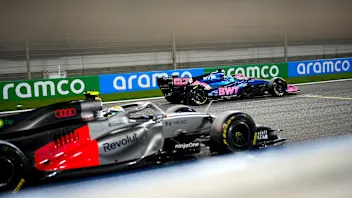 BettingF1 betting talking points ahead of 2026 season
BettingF1 betting talking points ahead of 2026 season.webp) ExclusiveThe Audi prospect making waves in single-seater racing
ExclusiveThe Audi prospect making waves in single-seater racing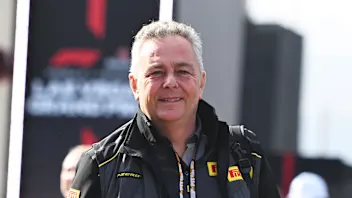 Mario Isola to leave Head of Motorsport role at Pirelli
Mario Isola to leave Head of Motorsport role at Pirelli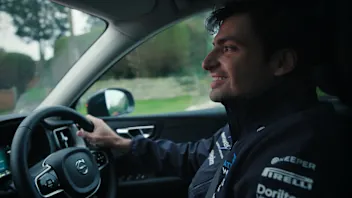 How Drive to Survive changed fandom and racing culture
How Drive to Survive changed fandom and racing culture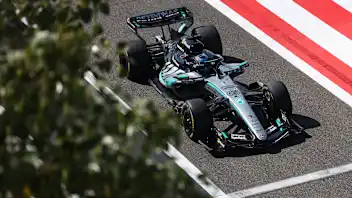 BettingDrivers' Championship betting predictions and tips
BettingDrivers' Championship betting predictions and tips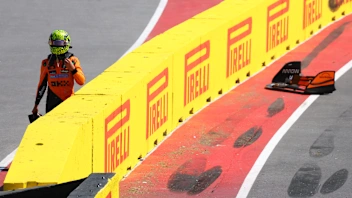 BettingWhy F1 betting markets can be hard to predict
BettingWhy F1 betting markets can be hard to predict
